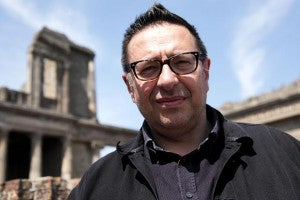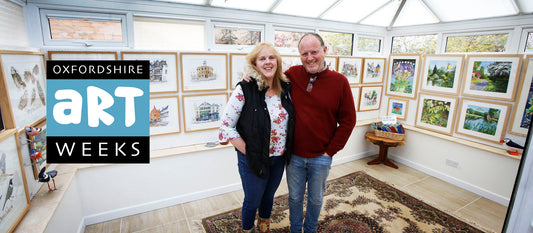
Hidden treasures
Art critic, writer and programmer maker Waldemar Januszczak brings art history alive like no one else.
His style is casual but informed, enthusiastic, evocative and humorous.
He bimbles about on our TV screens, doing for art what David Attenborough has done for the natural world.
He presents the stories of art without arty farty elitism and makes it accessible and fascinating.
We loved Waldemar’s two-hour programme ‘Paradise Found’ which tells the story of Islamic art. Travelling from west Africa to the northern India, he shows us some of the gorgeous hidden treasures crafted in the name of Allah, and explains how and why they came to be.
I’m lucky enough to have visited some of Islam’s greatest treasures including the Taj in Agra, and the Great Mosque in Damascus. His programme whetted my appetite for Samarkand, Uzbekistan and Mali in west Africa.
 Great Umayyad mosque in Damascus
Great Umayyad mosque in Damascus

Moth and I visited the Great Umayyad mosque in Damascus in September 2005. The Koran says women should ‘guard their modesty’, so in order for me to enter the holy place I had to cover up. Happy to adhere to local custom, I was already wearing an ankle length skirt and had my shoulders covered. I planned to drape my head with a very long scarf. But this wasn't going to be good enough.
Cover up!

I had to go to the ‘Putting on Special Clothes’ room to be properly dressed.
I came out wearing a garment suitable only for either night-time carp-stalking, or hazardous substance-handling. At first it was funny. But it wasn’t long before I felt angry, sad, confused and humiliated.
And it wasn’t just that I was so hot I thought I’d faint. I felt de-humanised. While the men in our party strolled around hatless in their below-the-knee trousers and short sleeved shirts, women were covered from head to toe shielding ourselves from something. Hidden from what, exactly?
I struggled with my feelings. Why did I feel so humiliated? How did it feel to have to dress as modestly as this every day? Do women deserve to be abused if they don’t dress modestly? And what is modest dressing exactly?
In my middle-class, liberal, white, western way I am drawn to two words: choice and respect. If Muslim women (or indeed, anyone) choose to wear such clothes as a mark of their faith (or for any other reasons) I respect that. Why shouldn’t they? But of course, when travelling I must adhere to local customs.
But this act of covering up is what I remember about my visit to the mosque, not the mosque itself.




